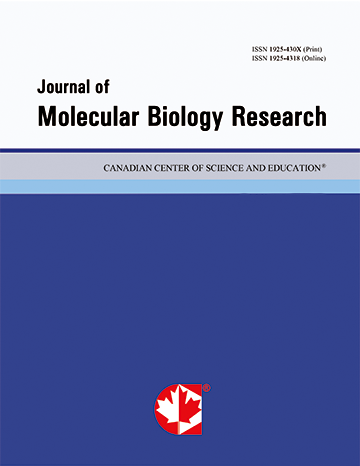Divergent Pro-Inflammatory Cytokine Response Induced by GB Virus C/ Hepatitis G virus (GBV-C/HGV) and Torque Teno Virus (TTV) Co-Infections in Hepatitis C Virus (HCV) Infected Thalassemia Patients
- Alice Verghese
- J.S Arora
- Uma Sharma
- Arvind Rai
- Debasish Chattopadhya
Abstract
Despite common incidence of GB virus C/Hepatitis G virus (GBV-C/HGV) and Torque Teno Virus (TTV) co-infections in subjects with Hepatitis C virus (HCV) infection, pathogenic role of these co-infections in HCV infected subjects has not been clear since studies have mostly been based on liver enzyme profile yielding variable results. Pro-inflammatory cytokines that participate in host immune response against viruses are generated as a consequence of triggering of related genes by Nuclear Factor Kappa B (NF-kB) that is a member of transcription family. Study of three pro-inflammatory cytokines e.g. interleukin 1 beta (IL-1β), Interleukin-6 (IL-6), interleukin-8 (IL-8) in a group of multi-transfused thalassemic subjects in relation to positivity for HCV, HGV and TTV infections showed elevated levels of these cytokines in serum as well as in supernatant of peripheral blood mononuclear cell (PBMCs) cultures in HCV-GBV-C/HGV co-infected subgroup compared to HCV mono-infected subgroup (p <0.05 for comparison of all three cytokines) while HCV-TTV co-infected subgroup showed lowering of these levels compared to HCV mono-infected subgroup (p <0.05 for comparison of all three cytokines). Levels of p65 component of NF-kB i.e.NF-kB p65 in nuclear extracts of lipopolysaccharide stimulated PBMCs correlated positively with the levels of pro-inflammatory cytokines in serum as well as that in supernatants of PBMC cultures in both HCV- GBV-C/HGV co-infected and HCV-TTV co-infected subgroups (p values ranging from <0.001 to 0.004). Levels of NF-kB p65 in nuclear extracts and levels of pro-inflammatory cytokines in serum as well as in supernatants of PBMC culture did not show any alteration compared to thalassemic subjects with HGV or TTV infections alone and healthy non-transfused subjects. Based on the inhibitory role of TTV on activation of NF-kB in TTV-HCV co-infected cases observed in the present study and the reported contribution of NF-kB towards development of hepatocellular carcinoma (HCC) due to establishment of chronicity, it may be worth evaluating if TTV or any component of TTV can be utilized as therapeutic vaccine against development of HCC in HCV infected subjects.
- Full Text:
 PDF
PDF
- DOI:10.5539/jmbr.v8n1p137
Index
Contact
- Grace BrownEditorial Assistant
- jmbr@ccsenet.org
